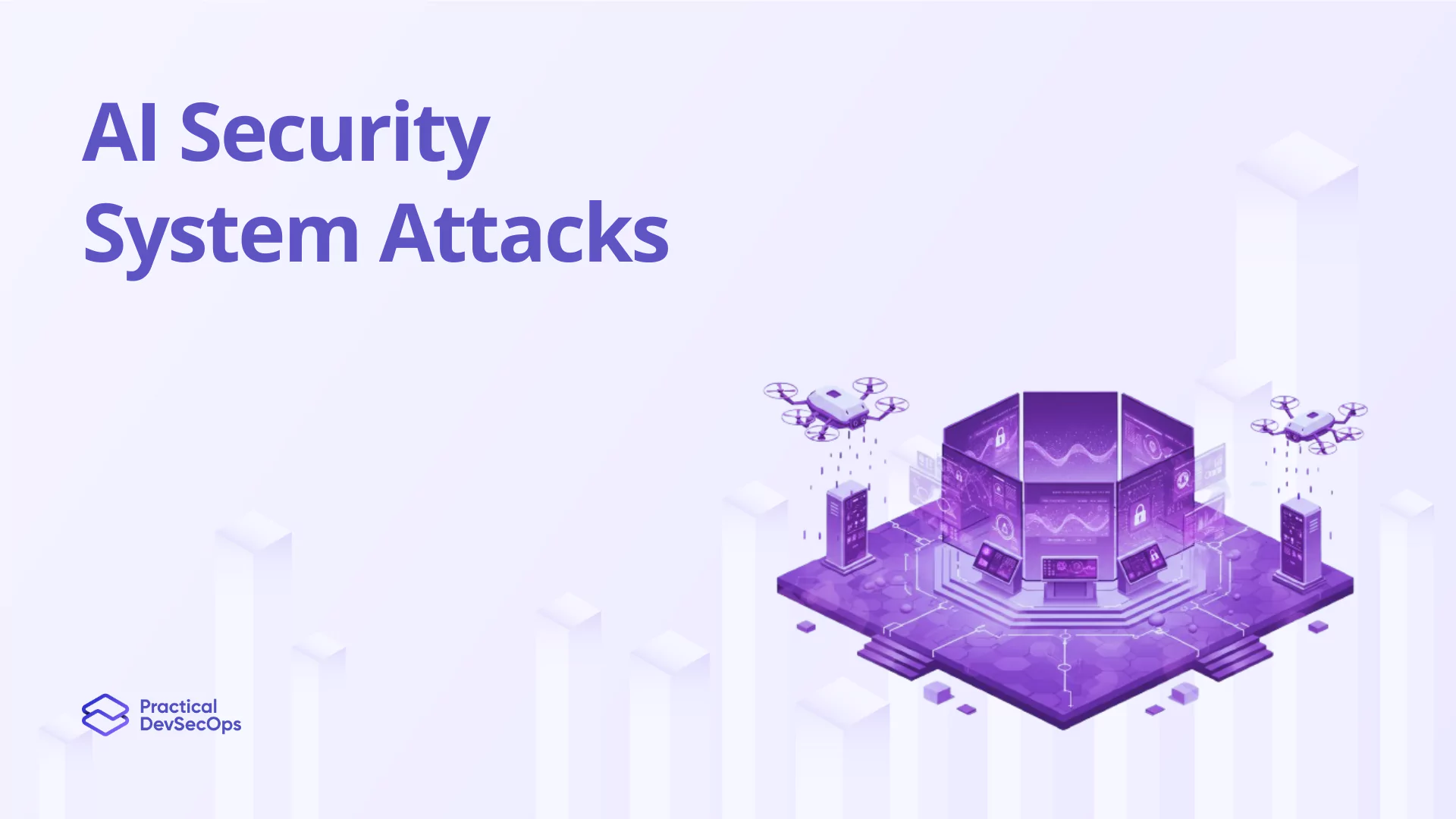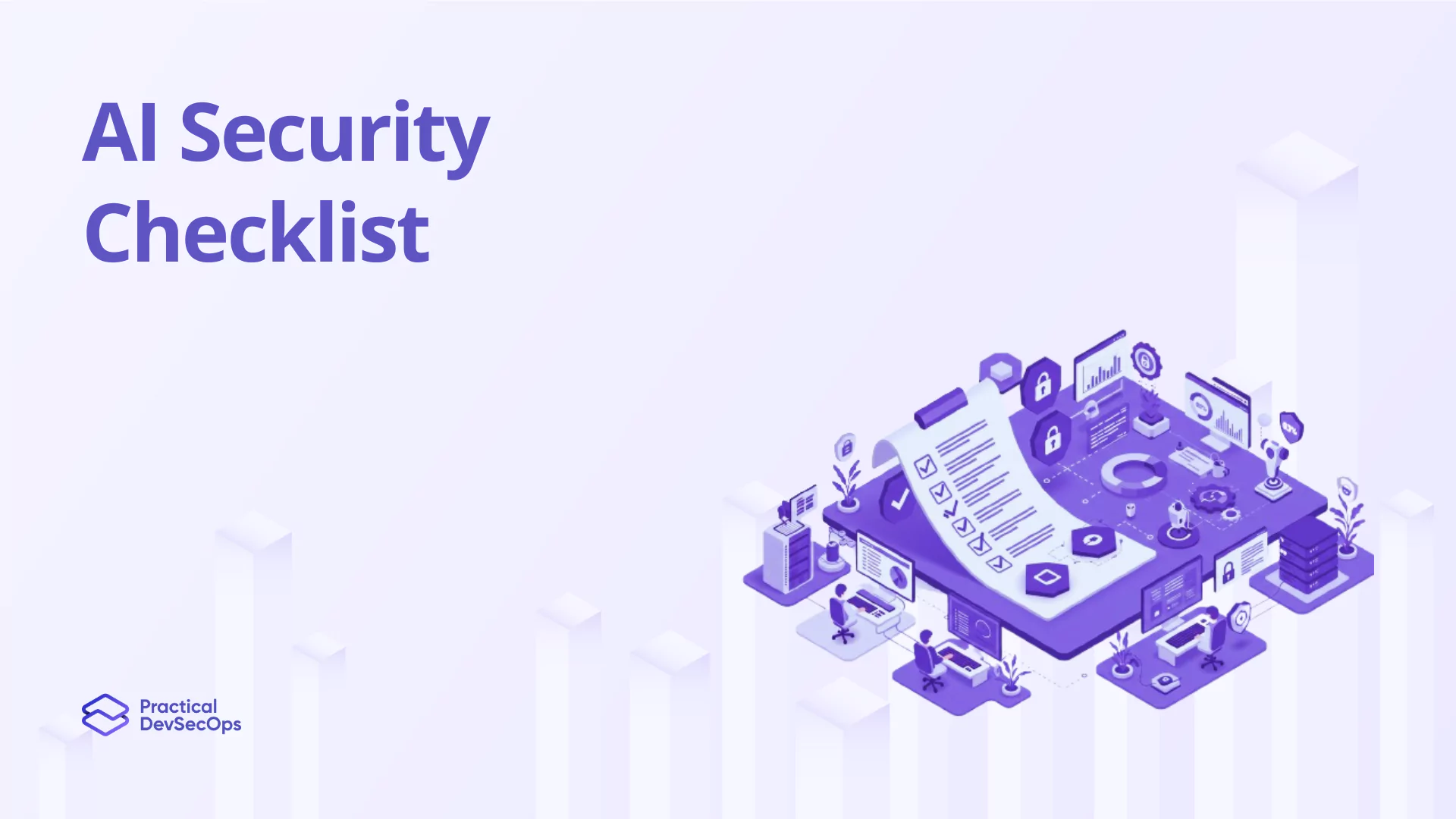In today’s fast-paced digital landscape, the integration of development, security, and operations, commonly known as DevSecOps, has become a crucial strategy for businesses aiming to stay competitive and secure. This approach embeds security practices within the DevOps process, ensuring that security is not an afterthought but an integral part of the software development lifecycle.
Adopting DevSecOps not only enhances security but also provides a significant return on investment (ROI) by preventing future costs and mitigating risks. Let’s explore how DevSecOps can save organizations from future expenses and bolster their security posture.
Imagine every software release being quicker and more secure, dramatically reducing disruptions from security incidents. That’s the essence of DevSecOps—it integrates security seamlessly into your development and operations processes. This approach doesn’t just strengthen your defenses; it also optimizes resources and reduces costs.
Adopting DevSecOps can slash the costs of addressing vulnerabilities by up to six times compared to traditional methods. Organizations that have embraced DevSecOps have experienced up to a 60% improvement in quality assurance and a 20% reduction in time to market. This proactive strategy goes beyond just risk mitigation; it’s an investment that significantly boosts both your security posture and financial health.
By embracing DevSecOps, you can transform potential future risks into strategic advantages, effectively safeguarding your enterprise’s assets and reputation.
Also read Why Continuous Monitoring is Key in DevSecOps
The Cost of Traditional Security Approaches
Traditional security methods often involve a sequential process where security is addressed after the development phase. This can lead to several issues:
| Issue | Description | Statistical Insight |
| Delayed Detection of Vulnerabilities | Security flaws are identified late in the development cycle, increasing the cost of fixes. | Fixing a bug during the testing phase can be 15 times more expensive than during design, according to IBM. |
| Increased Recovery Costs | The financial burden of recovering from security breaches is significant. | The average cost of a data breach in 2021 was $4.24 million, a 10% increase from the previous year (IBM and Ponemon Institute). |
| Reputation Damage | Security incidents can harm a company’s reputation, affecting customer trust and potentially leading to revenue loss. | 71% of consumers would switch businesses after a data breach (KPMG survey). |
Organizations with DevSecOps are better at meeting regulatory standards and managing risks. A Gartner study reveals that those with mature DevSecOps practices detect security incidents 2.5 times faster, often within hours instead of days or weeks.
Also read The Critical Role of Incident Response in DevSecOps
The ROI of DevSecOps
By integrating security into the DevOps pipeline, DevSecOps offers numerous benefits that translate into significant cost savings and value addition:
1. Early Detection and Mitigation of Vulnerabilities
DevSecOps ensures continuous monitoring and automated security testing throughout the development process. This early detection helps in addressing vulnerabilities before they escalate into more significant issues.
- Cost Savings: Fixing vulnerabilities early can reduce remediation costs by up to 90% compared to addressing them in production.
- Reduced Downtime: By preventing major security incidents, organizations can avoid costly downtimes. Gartner estimates that the average cost of IT downtime is $5,600 per minute.
2. Enhanced Compliance and Reduced Penalties
Adhering to regulatory requirements is a critical aspect of modern business operations. DevSecOps facilitates compliance by incorporating security checks and audits into the CI/CD pipeline.
- Compliance Automation: Automated compliance checks ensure that code adheres to industry standards and regulations, reducing the risk of non-compliance penalties.
- Avoidance of Fines: Non-compliance can lead to hefty fines. For instance, GDPR violations can result in fines of up to €20 million or 4% of annual global turnover, whichever is higher.
3. Improved Collaboration and Efficiency
DevSecOps fosters a culture of collaboration between development, security, and operations teams, leading to more efficient workflows and quicker delivery of secure software.
- Increased Productivity: Collaboration tools and practices streamline workflows, reducing bottlenecks and improving overall productivity.
- Faster Time-to-Market: By integrating security into the development process, organizations can accelerate their release cycles, gaining a competitive edge.
4. Proactive Threat Management
DevSecOps promotes a proactive approach to security, leveraging tools like automated threat detection and real-time analytics to anticipate and mitigate potential threats.
- Reduced Incident Response Time: Real-time monitoring and analytics enable quicker detection and response to security incidents, minimizing damage and recovery costs.
- Threat Intelligence: Incorporating threat intelligence into the DevSecOps pipeline helps in identifying emerging threats and vulnerabilities, allowing for timely defenses.
5. Continuous Improvement and Scalability
DevSecOps encourages a culture of continuous improvement and scalability, which is essential for adapting to the evolving threat landscape.
- Adaptive Security Posture: Continuous feedback loops and regular updates to security protocols ensure that security measures evolve along with emerging threats.
- Scalability: Automated processes and standardized security practices make it easier to scale security efforts as the organization grows, maintaining robust protection without proportional increases in cost.
Also read DevSecOps Automation and its Benefits
Case Studies and Industry Statistics
- Capital One: By adopting DevSecOps, Capital One significantly improved its security posture. The company reduced its average time to remediate critical vulnerabilities from 18 hours to just a few minutes, demonstrating substantial cost savings and enhanced security.
- Puppet 2021 State of DevOps Report: Organizations with mature DevSecOps practices are 2.6 times more likely to be able to remediate critical vulnerabilities within a day. This rapid response capability highlights the efficiency gains and cost benefits of DevSecOps.
- Sonatype’s DevSecOps Community Survey: The survey found that 47% of organizations using DevSecOps reported a significant improvement in their security posture, while 69% experienced faster delivery of secure code.
- Verizon Data Breach Investigations Report: Companies using DevSecOps experience 50% fewer security incidents and breaches compared to those that do not. This substantial reduction in incidents directly correlates with lower incident management costs and reduced legal liabilities.
- Fidelity Investments: Fidelity’s adoption of DevSecOps resulted in a 20% reduction in the time required to deliver new applications and a 30% improvement in security compliance rates, demonstrating the tangible benefits of integrating security into the development lifecycle.
- GitLab’s Annual DevSecOps Survey: The 2023 survey reported that 75% of organizations with DevSecOps practices in place saw a reduction in security incident resolution times, and 68% reported fewer production-level security defects, underlining the effectiveness of proactive security measures.
Also read Top 15 DevSecOps Best Practices to follow in 2024
Why You Should Consider Practical DevSecOps Enterprise Training
To fully realize the benefits of DevSecOps, it’s essential for organizations to equip their teams with the right skills and knowledge. Practical DevSecOps offers comprehensive Enterprise DevSecOps training designed to help organizations integrate security seamlessly into their development processes. This training is particularly valuable because:
- Expert-Led Training: Led by industry experts, the training provides in-depth insights and practical knowledge that can be immediately applied to real-world scenarios.
- Proven Impact: Companies that have adopted Practical DevSecOps training have seen up to a 50% reduction in security incidents and a 40% improvement in compliance rates.
- Hands-On Learning: The training includes hands-on labs and real-world exercises, ensuring that participants gain practical experience.
- Customizable Programs: Tailored to meet the specific needs of your organization, the training programs are designed practically to address the unique challenges you face.
- Continuous Support: With ongoing support and resources, Practical DevSecOps ensures that your team can keep pace with the latest security practices and technologies.
Investing in Practical DevSecOps Enterprise training is a strategic move that can significantly enhance your organization’s security posture, reduce costs, and improve overall efficiency.
Conclusion
DevSecOps is a strategic investment that significantly enhances operational efficiency and security. By integrating security into every development phase, organizations can prevent future breaches, drive innovation, and maintain a competitive edge. The ROI of DevSecOps is clear, reducing remediation time, data breaches, and regulatory fines, leading to better security outcomes and more resilient business operations.
Also read The ROI of Investing in DevSecOps Certification for your Organisation
References
- IBM. (n.d.). The Cost of Fixing a Bug.
- IBM Security, & Ponemon Institute. (2021). Cost of a Data Breach Report 2021.
- KPMG. (n.d.). Consumer Loss of Trust Survey.
- Synopsys. (n.d.). Benefits of Early Vulnerability Detection.
- Gartner. (n.d.). The Cost of IT Downtime.
- GDPR.eu. (n.d.). GDPR Fines and Penalties.
- Capital One Case Study. (n.d.). DevSecOps Implementation.
- Puppet. (2021). State of DevOps Report 2021.
- Sonatype. (n.d.). DevSecOps Community Survey.
- Verizon. (n.d.). Data Breach Investigations Report.
- Fidelity Investments. (n.d.). DevSecOps Adoption Benefits.
- GitLab. (2023). Annual DevSecOps Survey.







0 Comments